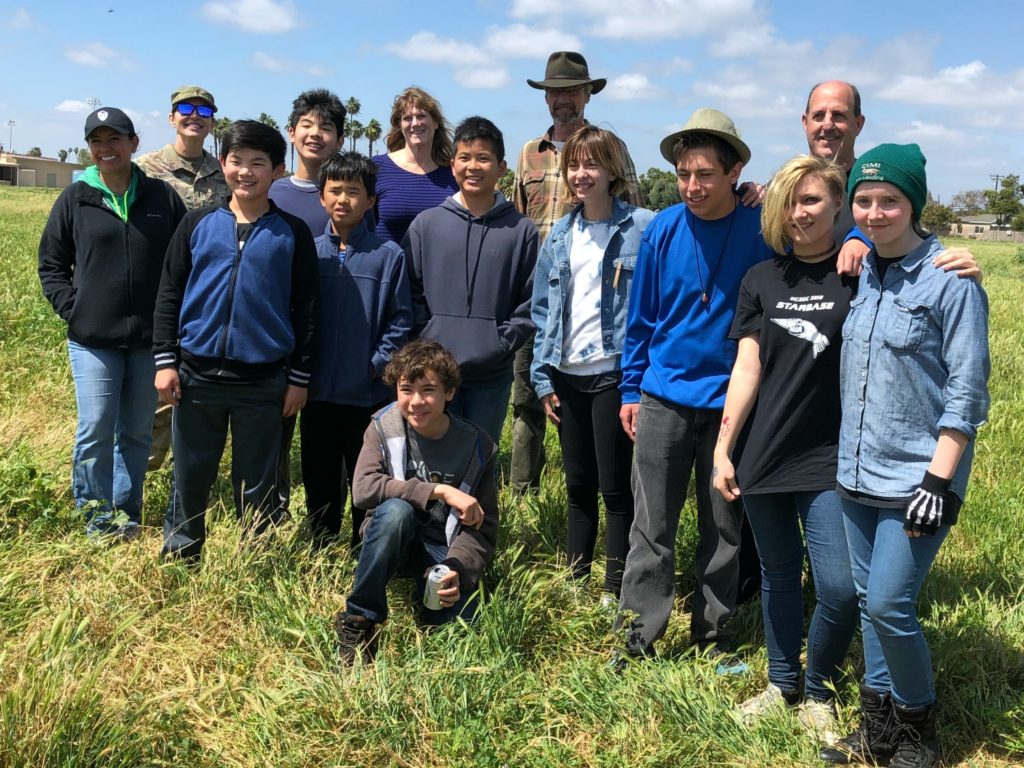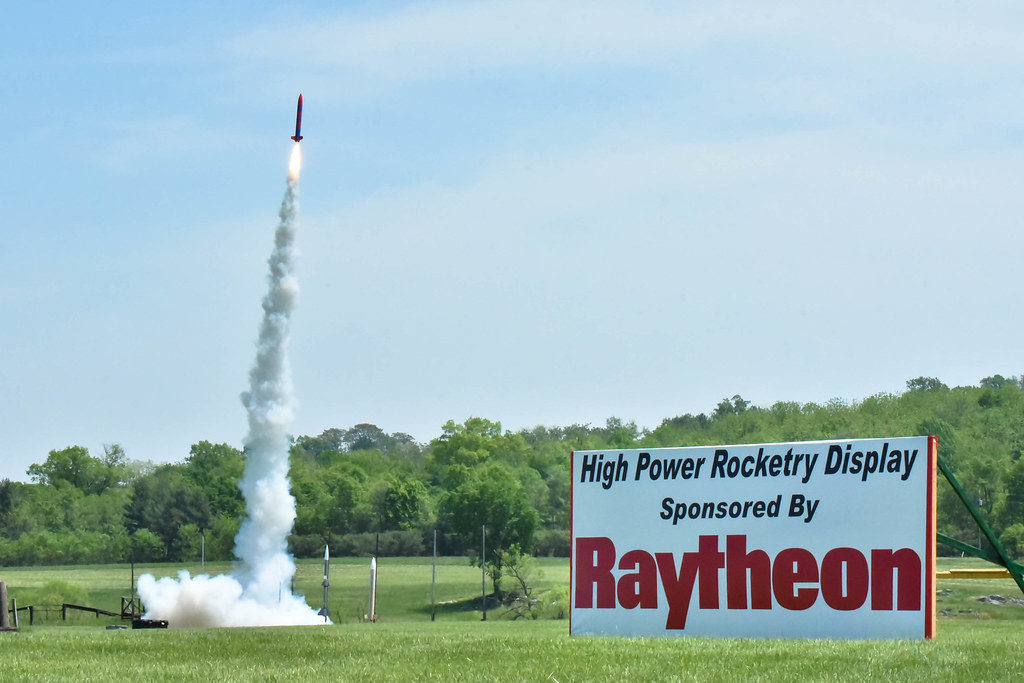This literally was rocket science.
A team of students from OCDE’s home school program has been named a national finalist in the Team America Rocketry Challenge, billed as the largest rocket contest in the world.
The annual competition gives STEM-savvy middle and high schoolers the chance to design, build and launch model rockets, providing hands-on opportunities to tackle real-world engineering challenges.

This year, 830 teams from across the country competed, and about 100 of them earned a spot on the list of national finalists.
The squad from OCDE’s Community Home Education Program, or CHEP, was among them, securing a bid to the Team America Rocketry Challenge Final Fly-Off on May 18 at Great Meadows in The Plains, Virginia. There, “Team Rocket DC and Beyond” and other finalists will compete for a national title, more than $100,000 in cash and prizes, and the right to represent the U.S. at the International Rocketry Challenge in Paris.
So how complex was this year’s competition? Consider that each team was tasked with blasting a capsule containing three raw eggs to an altitude of 856 feet — and returning it all safely to the ground, in two stages, with the eggs intact.
“The most challenging aspect for many teams was having to have two parachutes on the payload stage and one parachute on the engine stage, and not have them tangle,” said CHEP teacher and team advisor Kristyn Kazmark.
Established by OCDE in 1988, CHEP bundles an array of resources designed to help parents who choose to educate their children at home. Along with providing curriculum and support through its team of certificated educators, the state-funded program also offers tutoring, lesson plans, assessment tools and social activities to students from transitional kindergarten through the eighth grade.
This was the third time CHEP students have competed in the contest known as TARC. Kazmark says interest is high enough that CHEP now offers a Team America Rocket Challenge class that was developed in conjunction with the Department of Defense’s Starbase youth program, which emphasizes STEM learning.
“Our students have been meeting weekly, as well as on their own time, to design and build rockets using a (computer-aided design) program called Rocksim,” she said.

CHEP’s Team Rocket DC and Beyond features team captain Regina Rodeghiero (seventh grade), Page Jones (ninth grade), Patrick Mallies (eighth grade), Franklin Nguyen (eighth grade), Emily Rodeghiero (seventh grade), Carter Chi (seventh grade), Dalton Chi (sixth grade), Logan Tjahjadi Crawford (sixth grade), David Duong (seventh grade) and Timothy Louie (sixth grade), along with Kazmark and Starbase teacher and mentor Tim Ziesmer.
“I’m really proud of the students and their dedication all year,” CHEP Principal Machele Kilgore told the OCDE Newsroom. “They had to be in the top 100 out of 800 teams in the nation.”
“The requirements were very difficult this year with separating stages, three eggs, three parachutes that can’t tangle and flying 856 feet in 43 seconds,” Kilgore added. “The weather made it difficult also, but we have very good flight scores. I’m very happy for them and proud of them.”
Sponsored by the Aerospace Industries Association, the National Association of Rocketry and more than 20 aerospace industry partners, the Team America Rocketry Challenge encourages students to study science, technology, engineering and math, collectively known as STEM. Other partners include NASA, the Department of Defense, the American Association of Physics Teachers and The Mars Generation.
For more information on OCDE’s Community Home Education Program, visit the CHEP website.
For more on the Team America Rocketry Challenge, visit rocketcontest.org or check out this brief video.
